After years of complicated and added-expense hoops to jump through, JR will start letting international travelers buy their passes online and inside their home countries.
JR (Page 5)
Electronic Paper and E Ink create a moving display for the opening of Takanawa Gateway Station.
Countermeasure promises to bring attention to the specific part of the train where the groping is taking place.
After three years of consultations, the fate of Tokyo’s oldest wooden station building has finally been revealed.
A long stretch of the Yamanote Line is taking a break while construction crews get ready for its newest station.
Toki no Yoake Monogatari lets you enjoy the ride as you travel off the Shinkansen-beaten path.
Company is tired of people thinking the chime means “Feel free to knock people over if they’re standing between you and your train.”
Japan Railways is taking applications to experience the future of Japanese rail travel nearly a decade ahead of time.
Short on time to pick which bento to buy before your train leaves? Let us help you choose.
Now you can drink strawberry shortcake from a can — and even shake it to the consistency of your choice!
Hundreds of steps below the surface, and if you miss your train, you could be waiting on the dank, dungeon-like platform alone for four hours.
One of Japan’s comfort foods will be available as a hot dessert drink straight from a vending machine!
Having a face like the back-end of a bus is less than desirable, but how about a face like the front of a train?
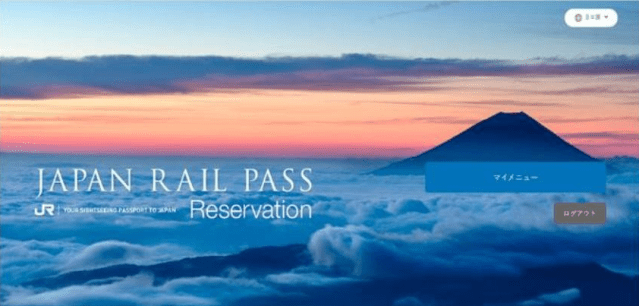
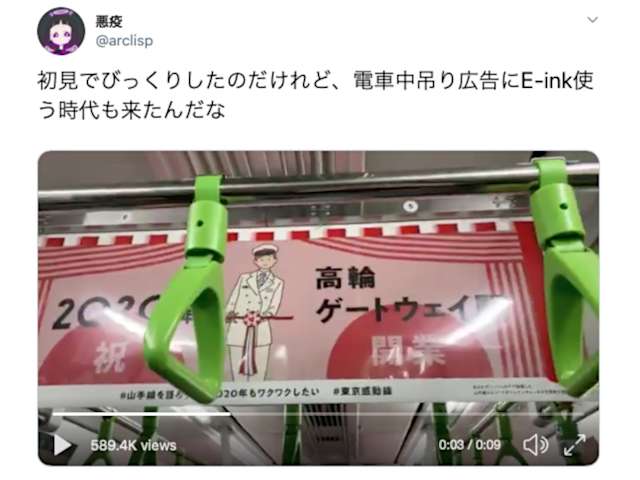

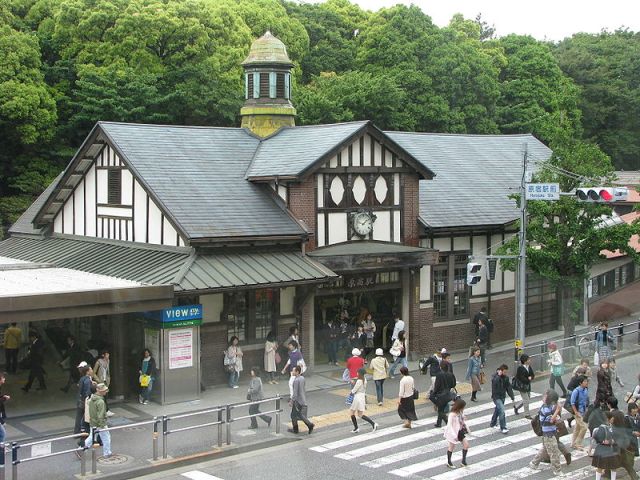

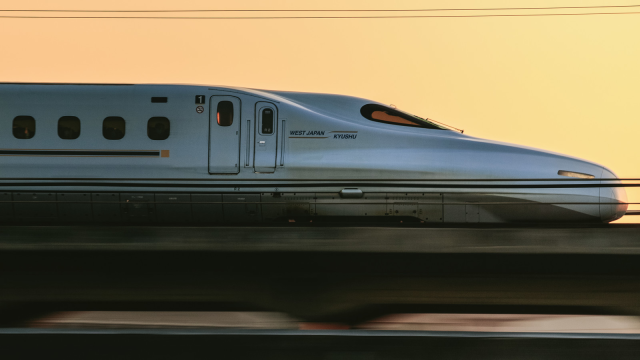


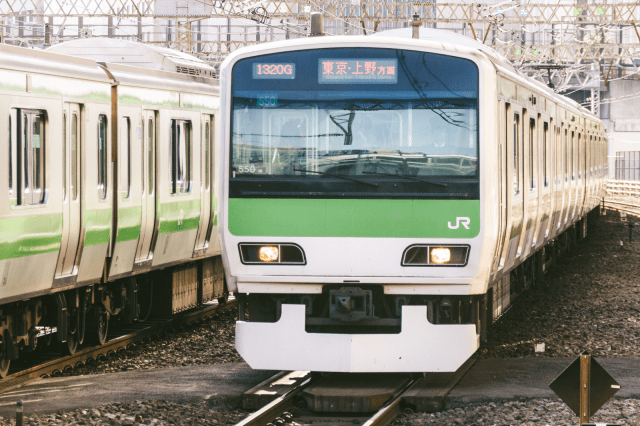

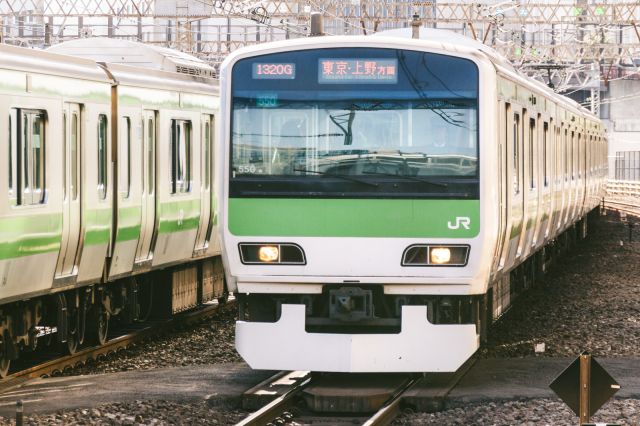
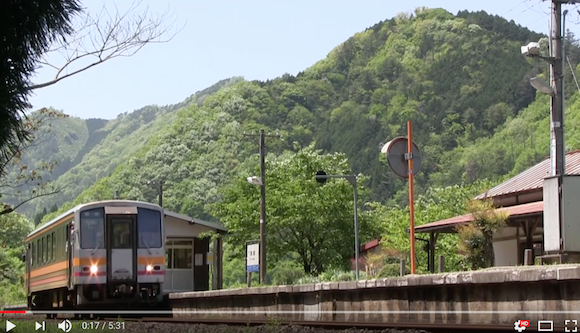
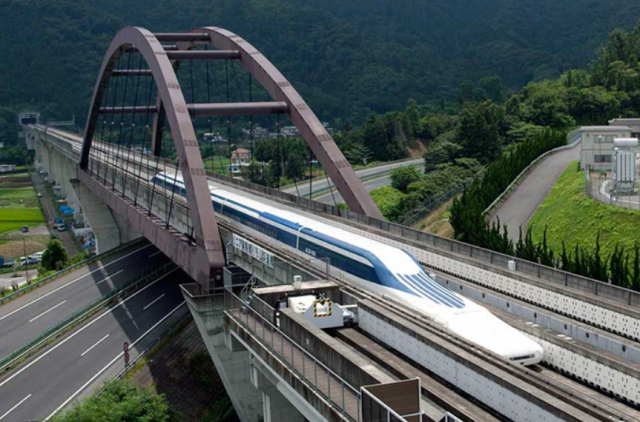
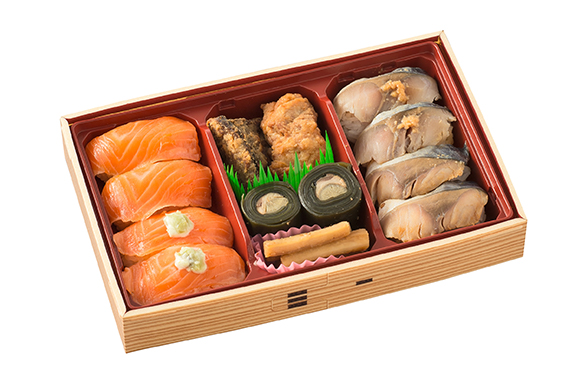
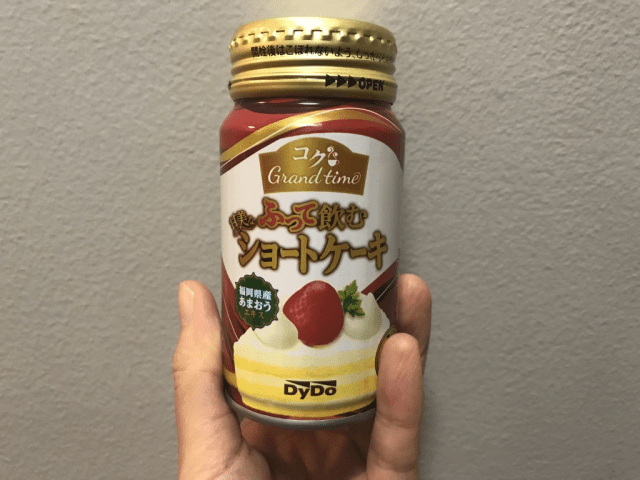


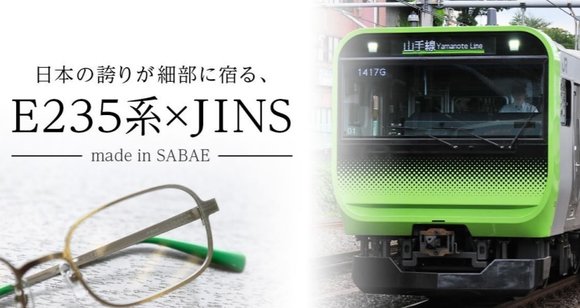

 One Piece creator has hidden secret of anime treasure’s identity in chest at bottom of real-world ocean
One Piece creator has hidden secret of anime treasure’s identity in chest at bottom of real-world ocean Starbucks Japan unveils new sakura cherry blossom collection for hanami season 2026
Starbucks Japan unveils new sakura cherry blossom collection for hanami season 2026 Is Tokyo Station’s startlingly expensive wagyu bento boxed lunch worth its high price?[Taste test]
Is Tokyo Station’s startlingly expensive wagyu bento boxed lunch worth its high price?[Taste test] Live-action One Piece’s Luffy teaches Sesame Street’s Elmo a Japanese word for friendship[Video]
Live-action One Piece’s Luffy teaches Sesame Street’s Elmo a Japanese word for friendship[Video] Is Starbucks Japan’s new Hinamatsuri Girls’ Day Frappuccino suitable for adults?
Is Starbucks Japan’s new Hinamatsuri Girls’ Day Frappuccino suitable for adults? Kyoto raises hotel accommodation tax to fight overtourism, travelers could pay up to 10 times more
Kyoto raises hotel accommodation tax to fight overtourism, travelers could pay up to 10 times more Japanese jeweler launches new engagement and wedding rings with Sanrio character Tuxedo Sam
Japanese jeweler launches new engagement and wedding rings with Sanrio character Tuxedo Sam Viral Japanese cheesecake from Osaka has a lesser known rival called Aunt Wanda
Viral Japanese cheesecake from Osaka has a lesser known rival called Aunt Wanda Chance to play Tetris on a massive staircase in Kyoto Station coming in March
Chance to play Tetris on a massive staircase in Kyoto Station coming in March Tokyo has a bar that only lets you in if you come alone – No bringing your friends allowed!
Tokyo has a bar that only lets you in if you come alone – No bringing your friends allowed! Starbucks Japan releases first-ever Hinamatsuri Girls’ Day Frappuccino
Starbucks Japan releases first-ever Hinamatsuri Girls’ Day Frappuccino Japanese restaurant chain serves Dragon Ball donuts and Senzu Beans this spring
Japanese restaurant chain serves Dragon Ball donuts and Senzu Beans this spring Japan Extreme Budget Travel! A trip from Tokyo to Izumo for just 30,000 yen [Part 1]
Japan Extreme Budget Travel! A trip from Tokyo to Izumo for just 30,000 yen [Part 1] Japan’s craziest burger chain takes menchi katsu to new extreme levels
Japan’s craziest burger chain takes menchi katsu to new extreme levels Japan Extreme Budget Travel! A trip from Tokyo to Izumo for just 30,000 yen [Part 2]
Japan Extreme Budget Travel! A trip from Tokyo to Izumo for just 30,000 yen [Part 2] Japanese drugstore sells onigiri at pre-stupid era prices, but how do they compare to 7-Eleven?
Japanese drugstore sells onigiri at pre-stupid era prices, but how do they compare to 7-Eleven? Lawson adds doughnuts to its convenience store sweets range, but are they good enough to go viral?
Lawson adds doughnuts to its convenience store sweets range, but are they good enough to go viral? Japan’s newest Shinkansen has no seats…or passengers [Video]
Japan’s newest Shinkansen has no seats…or passengers [Video] Starbucks Japan releases new sakura goods and drinkware for cherry blossom season 2026
Starbucks Japan releases new sakura goods and drinkware for cherry blossom season 2026 Foreigners accounting for over 80 percent of off-course skiers needing rescue in Japan’s Hokkaido
Foreigners accounting for over 80 percent of off-course skiers needing rescue in Japan’s Hokkaido Super-salty pizza sends six kids to the hospital in Japan, linguistics blamed
Super-salty pizza sends six kids to the hospital in Japan, linguistics blamed Starbucks Japan unveils new sakura Frappuccino for cherry blossom season 2026
Starbucks Japan unveils new sakura Frappuccino for cherry blossom season 2026 Foreign tourists in Japan will get free Shinkansen tickets to promote regional tourism
Foreign tourists in Japan will get free Shinkansen tickets to promote regional tourism The 10 most annoying things foreign tourists do on Japanese trains, according to locals
The 10 most annoying things foreign tourists do on Japanese trains, according to locals Take a trip to Japan’s Dododo Land, the most irritating place on Earth
Take a trip to Japan’s Dododo Land, the most irritating place on Earth Naruto and Converse team up for new line of shinobi sneakers[Photos]
Naruto and Converse team up for new line of shinobi sneakers[Photos] Survey asks foreign tourists what bothered them in Japan, more than half gave same answer
Survey asks foreign tourists what bothered them in Japan, more than half gave same answer Japan’s human washing machines will go on sale to general public, demos to be held in Tokyo
Japan’s human washing machines will go on sale to general public, demos to be held in Tokyo Starbucks Japan releases new drinkware and goods for Valentine’s Day
Starbucks Japan releases new drinkware and goods for Valentine’s Day We deeply regret going into this tunnel on our walk in the mountains of Japan
We deeply regret going into this tunnel on our walk in the mountains of Japan Studio Ghibli releases Kodama forest spirits from Princess Mononoke to light up your home
Studio Ghibli releases Kodama forest spirits from Princess Mononoke to light up your home Major Japanese hotel chain says reservations via overseas booking sites may not be valid
Major Japanese hotel chain says reservations via overseas booking sites may not be valid Put sesame oil in your coffee? Japanese maker says it’s the best way to start your day【Taste test】
Put sesame oil in your coffee? Japanese maker says it’s the best way to start your day【Taste test】 No more using real katana for tourism activities, Japan’s National Police Agency says
No more using real katana for tourism activities, Japan’s National Police Agency says Kyoto raises hotel accommodation tax to fight overtourism, travelers could pay up to 10 times more
Kyoto raises hotel accommodation tax to fight overtourism, travelers could pay up to 10 times more Japanese jeweler launches new engagement and wedding rings with Sanrio character Tuxedo Sam
Japanese jeweler launches new engagement and wedding rings with Sanrio character Tuxedo Sam Viral Japanese cheesecake from Osaka has a lesser known rival called Aunt Wanda
Viral Japanese cheesecake from Osaka has a lesser known rival called Aunt Wanda Chance to play Tetris on a massive staircase in Kyoto Station coming in March
Chance to play Tetris on a massive staircase in Kyoto Station coming in March Tokyo has a bar that only lets you in if you come alone – No bringing your friends allowed!
Tokyo has a bar that only lets you in if you come alone – No bringing your friends allowed! Japanese restaurant serves extra wide noodles next to Tokyo Station
Japanese restaurant serves extra wide noodles next to Tokyo Station The fish in rural Fukui that rivals Japan’s most auspicious sea bream
The fish in rural Fukui that rivals Japan’s most auspicious sea bream Top 5 Super Nintendo World souvenirs for winter 2021 according to staff
Top 5 Super Nintendo World souvenirs for winter 2021 according to staff Love yakiniku but dining solo? Here’s what it’s like to eat alone at Yakiniku Like
Love yakiniku but dining solo? Here’s what it’s like to eat alone at Yakiniku Like We tried 12 different gummy candies from a Japanese supermarket and found the most delicious one
We tried 12 different gummy candies from a Japanese supermarket and found the most delicious one Propose an “I choose you” with the help of dazzling new Eevee Pokémon engagement and wedding rings
Propose an “I choose you” with the help of dazzling new Eevee Pokémon engagement and wedding rings Crazy-cheap Tokyo lunch: All-you-can-eat curry rice for 220 yen (US$1.40)!
Crazy-cheap Tokyo lunch: All-you-can-eat curry rice for 220 yen (US$1.40)! Lawson adds doughnuts to its convenience store sweets range, but are they good enough to go viral?
Lawson adds doughnuts to its convenience store sweets range, but are they good enough to go viral?